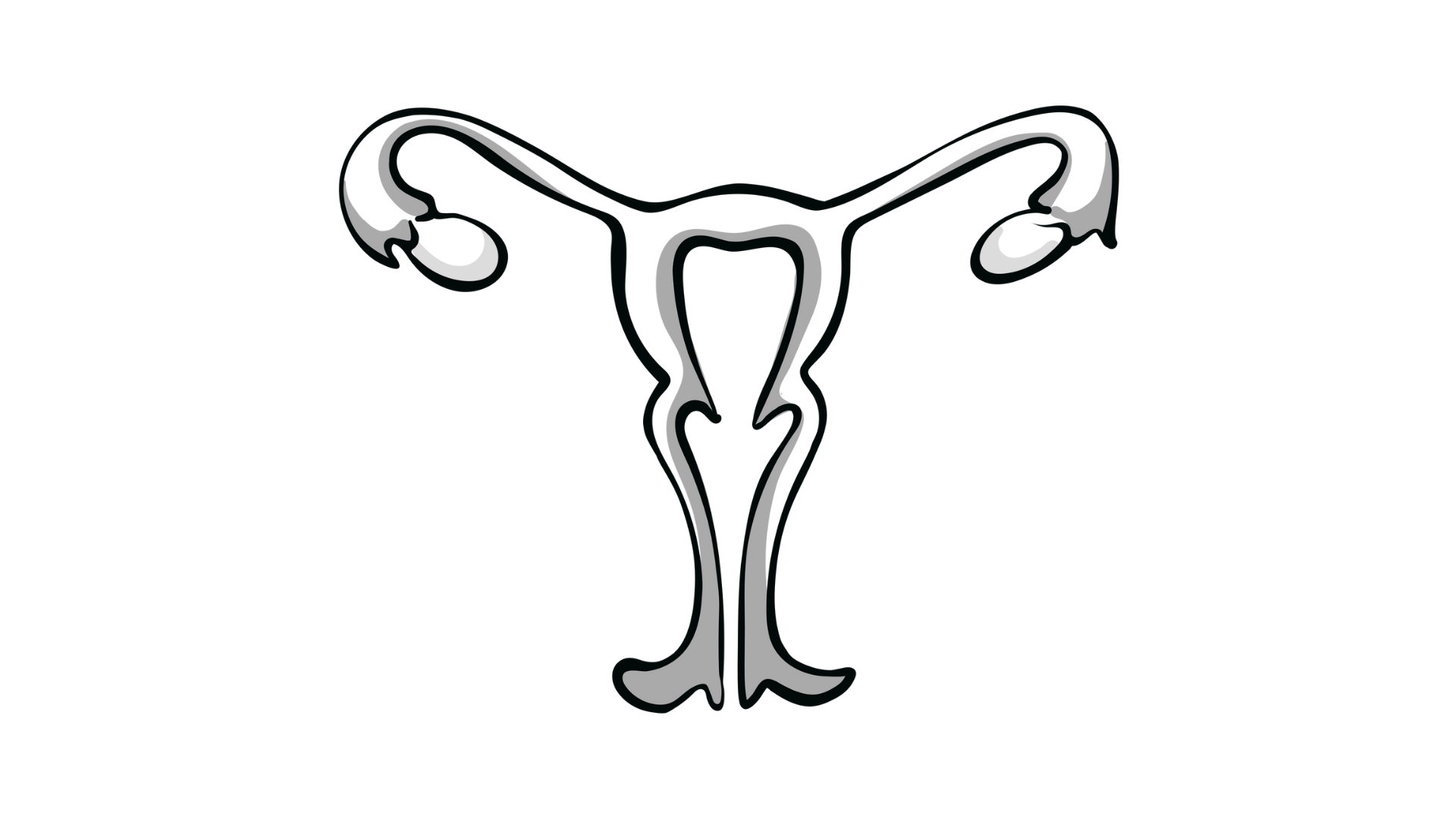Rucaparib Demonstrates PFS Benefit in Newly Diagnosed Ovarian Cancer With or Without Positive HRD
The phase 3 ATHENA-MONO trial meet it primary end point of improvement in progression-free survival with rucaparib in patients with newly-diagnosed, advanced ovarian cancer.

A significant improvement in investigator-assessed progression-free survival (PFS) has been demonstrated with rucaparib (Rubraca) in patients with newly diagnosed, advanced ovarian cancer after successful treatment with platinum-based chemotherapy, meeting the primary end point of the ATHENA-MONO study.1
The PFS benefit of rucaparib in the study included patients with homologous recombination deficiency (HRD)-positive disease and those with BRCA mutations, according to an announcement by the developer Clovis Oncology. Also, the safety profile of rucaparib in the study was consistent with the United State and European labels.
Submission of a new drug application to the FDA and European Medicines Agency is planned for the second quarter of 2022, and results from ATHENA-MONO have been submitted for presentation at the American Society of Clinical Oncology Annual Meeting in June 2022.
“While PARP inhibitors have shown efficacy as first-line maintenance treatment for patients with advanced ovarian cancer, questions still remain about the patient population that may benefit from their use. The results of ATHENA-MONO address many of these unanswered questions and expands the opportunity for rucaparib in all patients regardless of biomarker status,” said Bradley J. Monk, MD, FACOG, FACS, professor, Division of Gynecologic Oncology, Arizona Oncology (US Oncology Network), University of Arizona College of Medicine, Creighton University School of Medicine at St. Joseph’s Hospital; medical director, Gynecologic Program, US Oncology Research Network; co-director, GOG Partners; and global primary investigator of the ATHENA trial, in a press release.
ATHENA-MONO is a phase 3, randomized, multinational, double-blind, dual placebo-controlled, 4-arm study. A total of 538 patients with high-grade ovarian, fallopian tube, or primary peritoneal cancer were enrolled and randomized to receive oral rucaparib in combination with intravenous (IV) nivolumab (Opdivo) in arm A, oral rucaparib with IV placebo in arm B, oral placebo with IV nivolumab in arm C, or oral placebo with IV placebo in arm D.
In addition to investigator-assessed PFS, the study also evaluated PFS by blinded independent central review, overall survival (OS), duration of response, the number of participants with treatment-emergent adverse events (AEs), the number of patients with serious AES, and the number of patients with laboratory abnormalities as secondary end points.
Per the investigators’ review, the median PFS in the HRD-positive subgroup of patients with newly-diagnosed, advanced ovarian cancer was 28.7 months compared with 11.3 months in the placebo arm (HR, 0.47; 95% CI, 0.31-0.72; P = .0004).
The median PFS observed with rucaparib was 20.2 months compared with 9.2 months with placebo (P < .0001). The hazard ratio was 0.52 (95% CI, 0.40-0.68), crossing the threshold for statistical significance.
Among the HRD-negative patients, the median PFS observed with rucaparib was not reached versus 14.7 months in the placebo arm (HR, 0.40; 95% CI, 0.21-0.75; P = .0041).
The most common grade 3/4 treatment-emergent AEs with rucaparib treatment included anemia/decreased hemoglobin (28.7%), neutropenia (14.6%), ALT/AST increase (10.6%), and thrombocytopenia (7.1%). Rucaparib was discontinued by 11.8% of patients and the discontinuation rate in the placebo arm was 5.5%. Myelodysplastic syndrome and acute myeloid leukemia developed in 0.3% of those who were treated with rucaparib compared with none of the patients in the placebo arm.
Currently, rucaparib is not FDA approved for the first-line treatment of ovarian cancer. The agent is indicated as maintenance therapy for adult women with recurrent epithelial ovarian, fallopian tube, or primary peritoneal cancer who are in a complete or partial response to platinum-based chemotherapy, as well as for the treatment of adult women with a deleterious BRCA mutation (germline and/or somatic)-associated epithelial ovarian, fallopian tube, or primary peritoneal cancer who have been treated with 2 or more chemotherapies.
“The results from the ATHENA-MONO study of Rubraca in first-line maintenance treatment ovarian cancer exceeded our expectations in terms of significant improvement in PFS versus placebo in each of the primary efficacy populations, including the all-comers or intent-to-treat population,” said Patrick J. Mahaffy, president and chief executive officer of Clovis Oncology, in a press release. “We believe that the positive results from ATHENA-MONO demonstrate that Rubraca will provide an important new treatment option for women with advanced ovarian cancer in the first-line maintenance setting, and we look forward to submitting these data to the regulatory authorities in the US and Europe during Q2 and Q3 2022, respectively.”
REFERENCES:
1. Clovis Oncology’s Rubraca® (Rucaparib) significantly improves progression-free survival in first-line maintenance treatment in women with ovarian cancer regardless of their biomarker status in phase 3 ATHENA-MONO trial. News release. Clovis Oncology. March 31, 2022. Accessed March 31, 2022. https://bit.ly/3NzLwUt
2. A study in ovarian cancer patients evaluating rucaparib and nivolumab as maintenance treatment following response to front-line platinum-based chemotherapy (ATHENA). Clinicaltrials.gov. Updated November 5, 2021. Accessed March 31, 2022. https://bit.ly/35rZ6Iv








